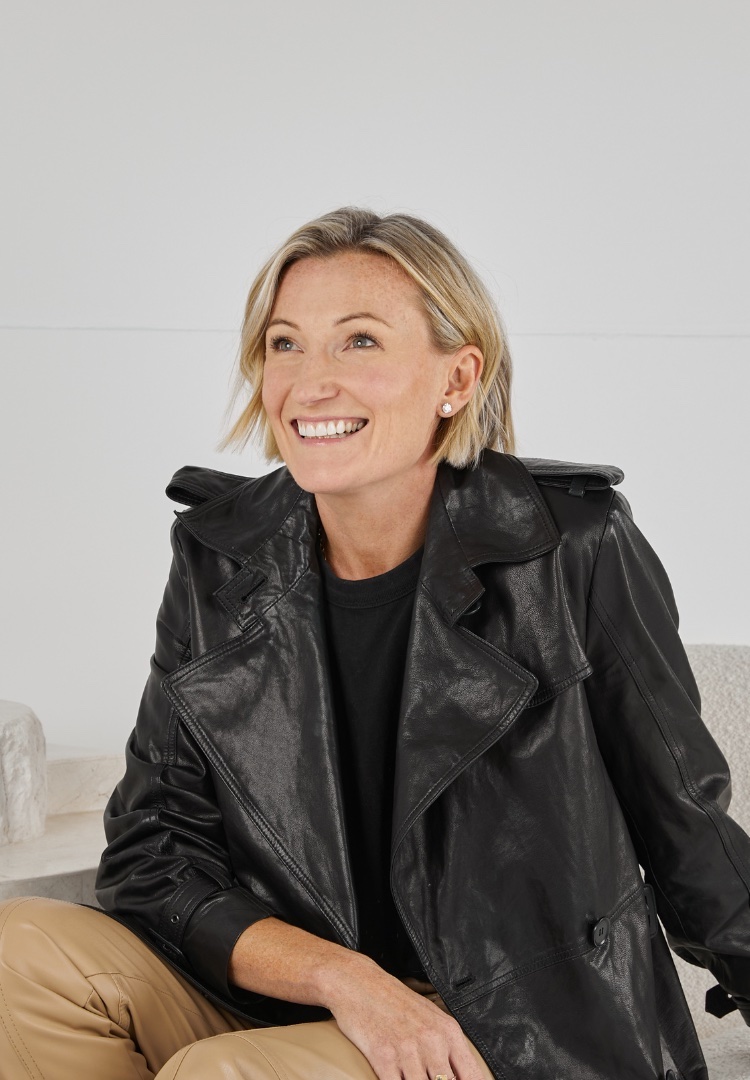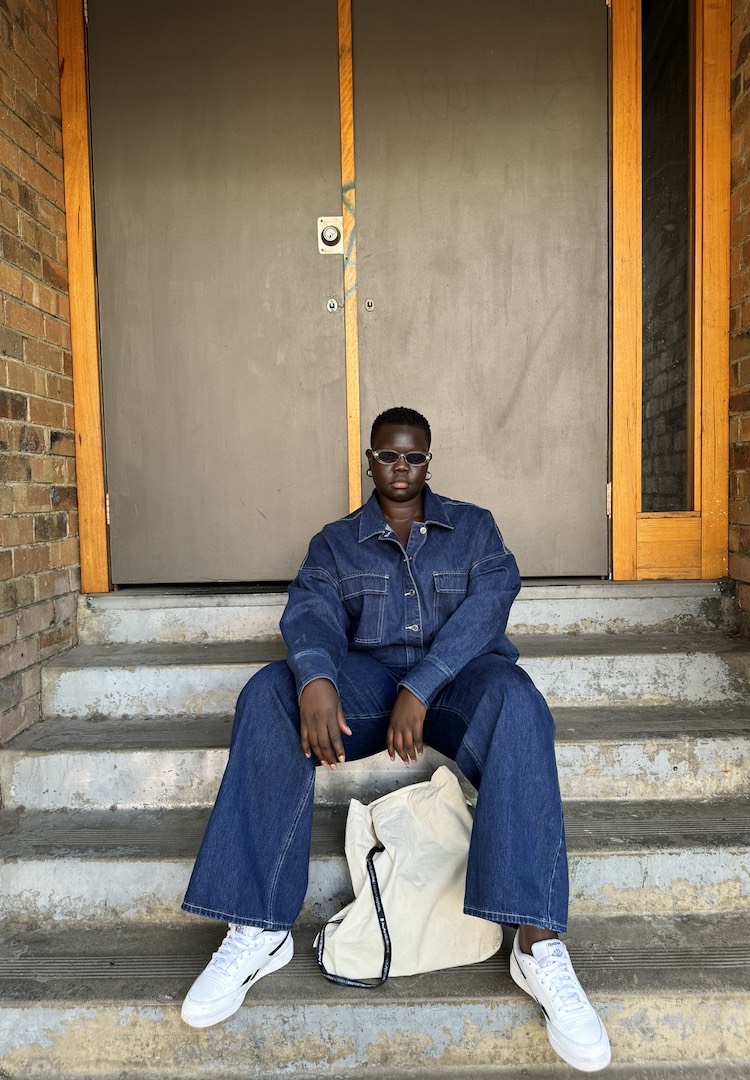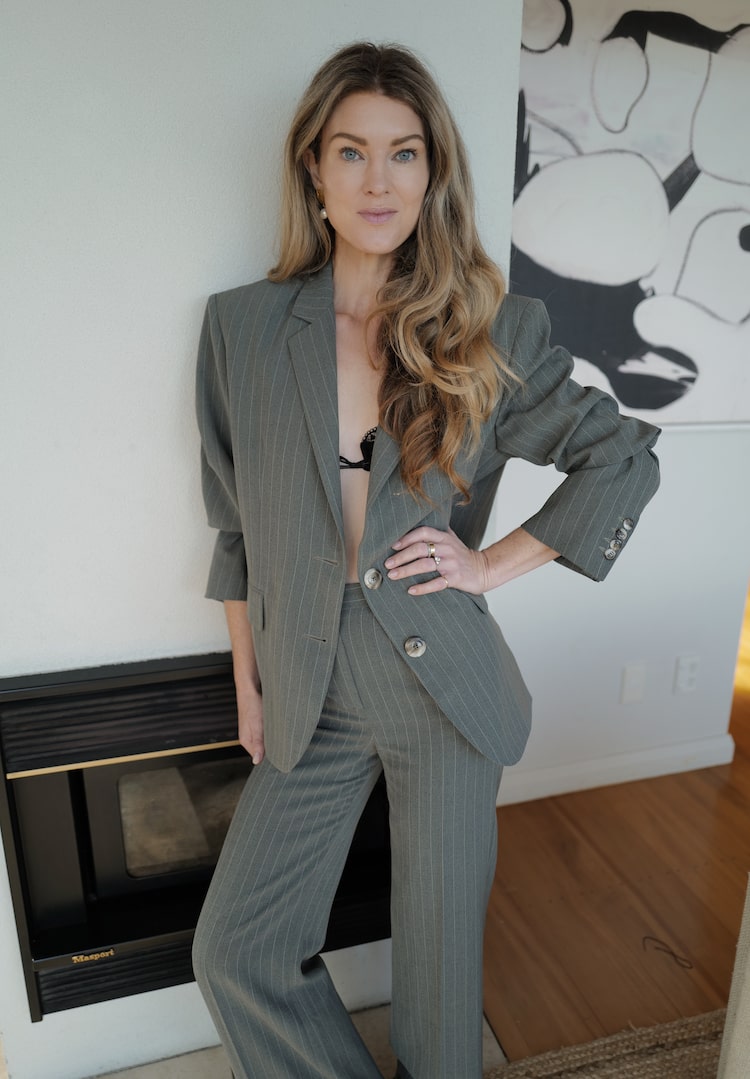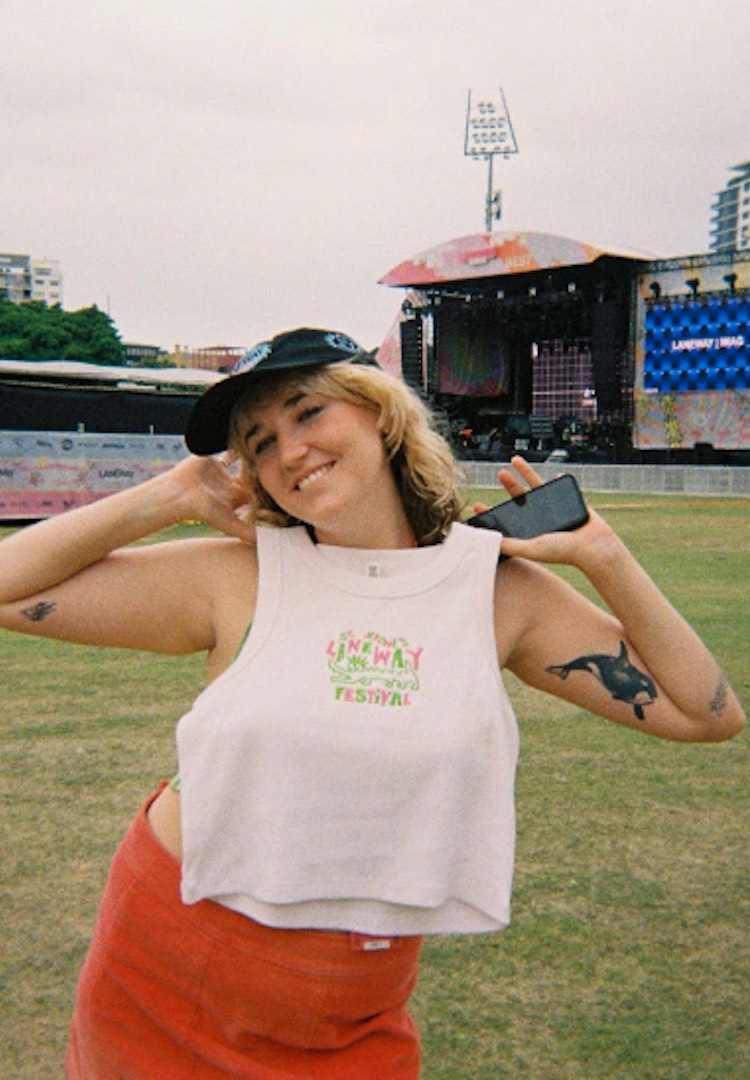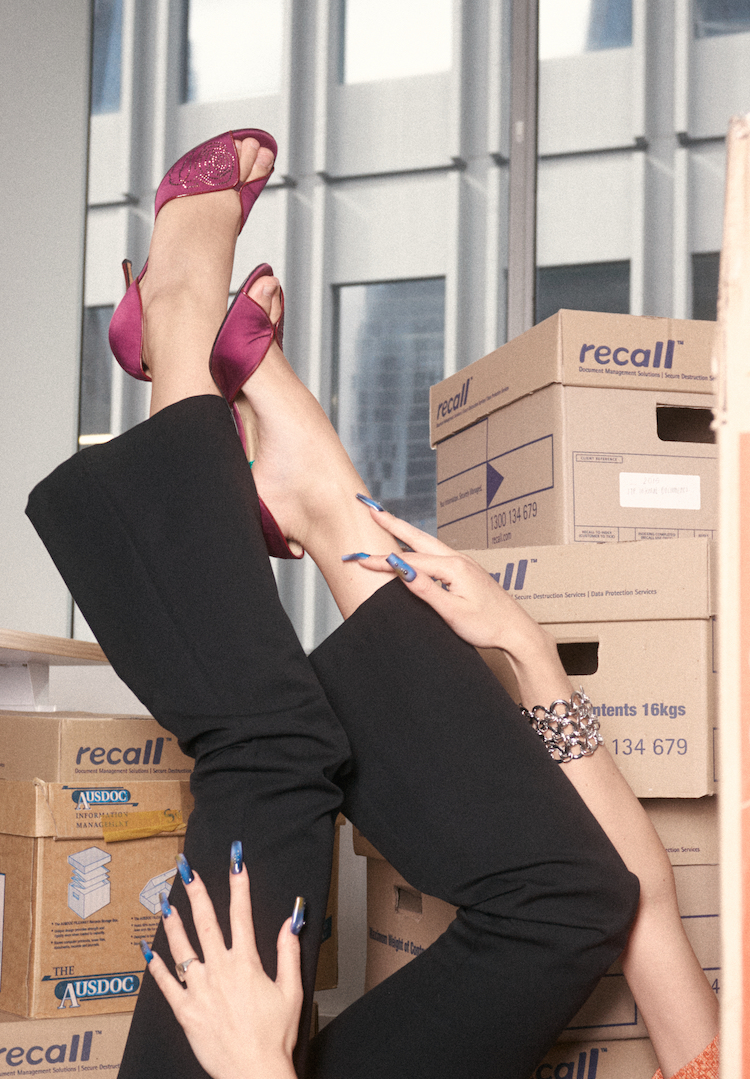Why I refuse to keep politics out of the workplace anymore
PHOTOGRAPHY BY KAI LAO
WORDS BY ISABELLE SACKS
“I cannot in good conscience profess to be a politically enlightened person if I only speak out in safe spaces.”
As a 21-year-old in a corporate environment where all my colleagues are at least 10 years my senior, I’ve always lived and died by the sword of professionalism. I’ve engaged in corporate doublespeak, using ‘as per my last email’ while screaming into my computer.
I’ve hidden my crippling depressive episodes under thinly veiled mystery illnesses. I’ve bristled when asked about my dating life and side-stepped questions about my sexuality. Most of all, I’ve patently refused to engage in political water-cooler chatter – so much so that I’ve had a boss confuse my political ambiguity for apathy, even though I’m actually highly engaged.
Looking for some similarly thought-provoking reads? Subscribe here and we’ll send them straight to your inbox.
This sort of behaviour might seem somewhat deranged or excessively closed off, but I’ve always found leaving my personal life at the door of the office has made it easier for me to concentrate on work and compartmentalise my stress.
More than that, I’ve realised that I’ve been buying into a very specific flavour of respectability politics – trying to convince others that I’m a professional so they’ll treat me accordingly.
Despite this, over the past year, I’ve started to become more aware of the way in which our rigid standards of professionalism reinforce social hierarchies that value White maleness above all else, and I’m done contributing to this system.
This hegemony explicitly and implicitly discriminates against non-male and non-White professionalism standards related to dress code, speech, work style and timeliness. Not to go all ‘anti-capitalist regime’, but professionalism is essentially a tool of the elite to keep workforces in their place, and often, that place is defined in opposition to communities of colour, queer culture, femaleness and the working class.
As much as I’ve found all of this stifling, there are many aspects of this that I’ll never experience as a White person. I haven’t had to engage in code-switching, wondered about my safety when wearing religious garments to work, or worried that the texture of my hair was a political statement, for instance.
So how does this all relate to talking about politics at work?
It might sound like an incredibly basic realisation, but I’ve come to understand that I cannot in good conscience profess to be a politically enlightened person if I only speak out in safe spaces where my opinions won’t result in any personal consequences for me. I have the obligation to leverage my privilege to speak up for marginalised peoples in all areas of my life.
If I don’t speak up in discourses about Australia/Invasion/Survival Day when they come up at work, if I don’t say anything when a colleague confidently gives their expletive-filled opinion of Dan Andrews’ job performance, if I don’t engage in conversations about Scott Morrison’s lacklustre response to the Brittany Higgins’ rape allegation, I’m not protecting myself. I’m contributing to a system of oppression.
This isn’t to say that rejecting professionalism or making your political opinions heard at work is the right move for everyone, but I know that I personally can and should be doing and saying more.
I also know I’m protected by the law – section 351 of the Fair Work Act 2009 (Cth) actually provides that an employer must not take adverse action against an employee because of their political opinion. A similar prohibition appears in the Equal Opportunity Act 2010 (Vic) with respect to a political belief or activity.
I might still refuse to disclose the details of my ‘wild’ weekends on a Monday morning, but I will no longer be staying silent in the name of professionalism when political topics are brought up.
To learn more about your rights when it comes to discussing politics at work, head here.





